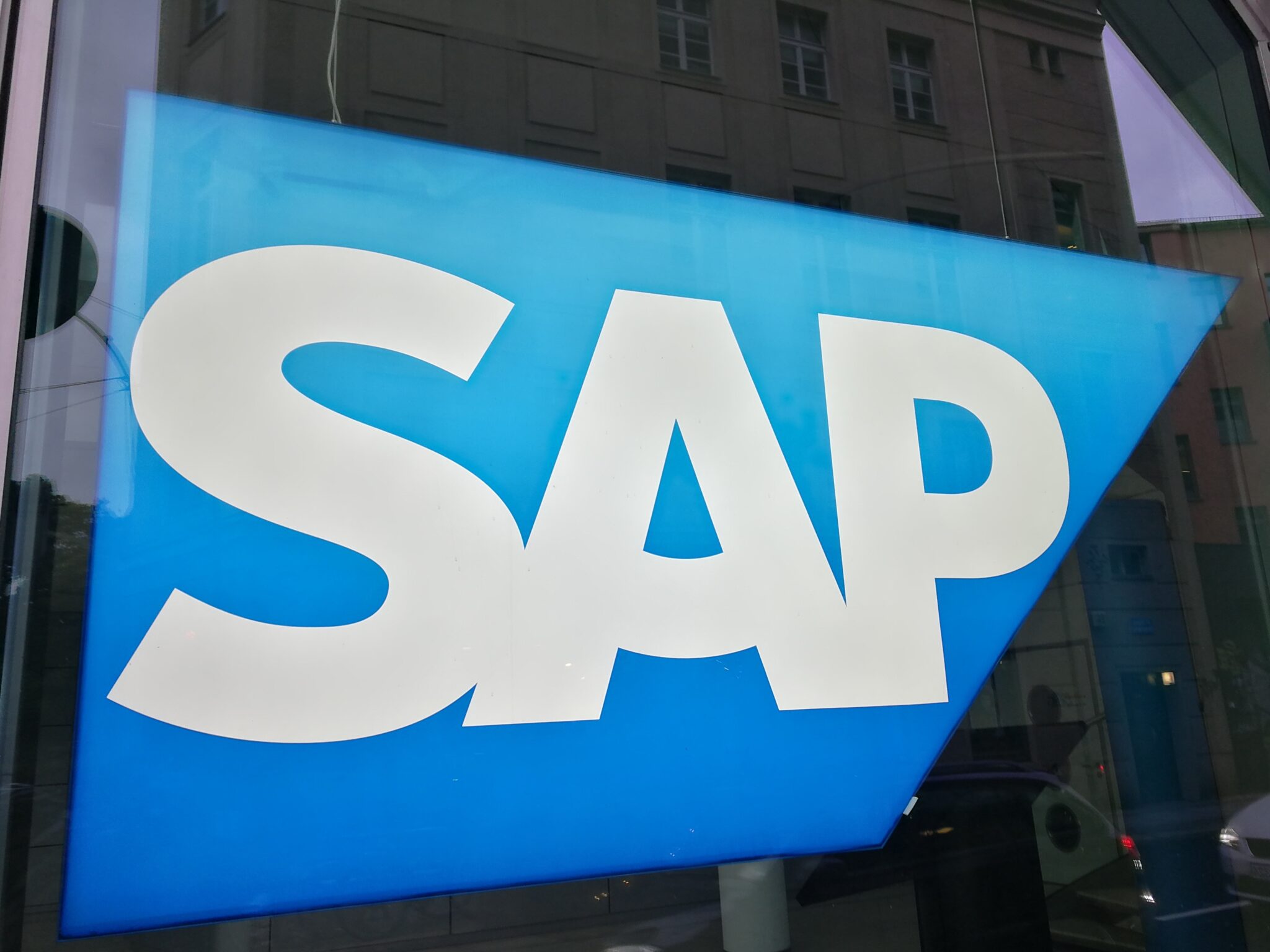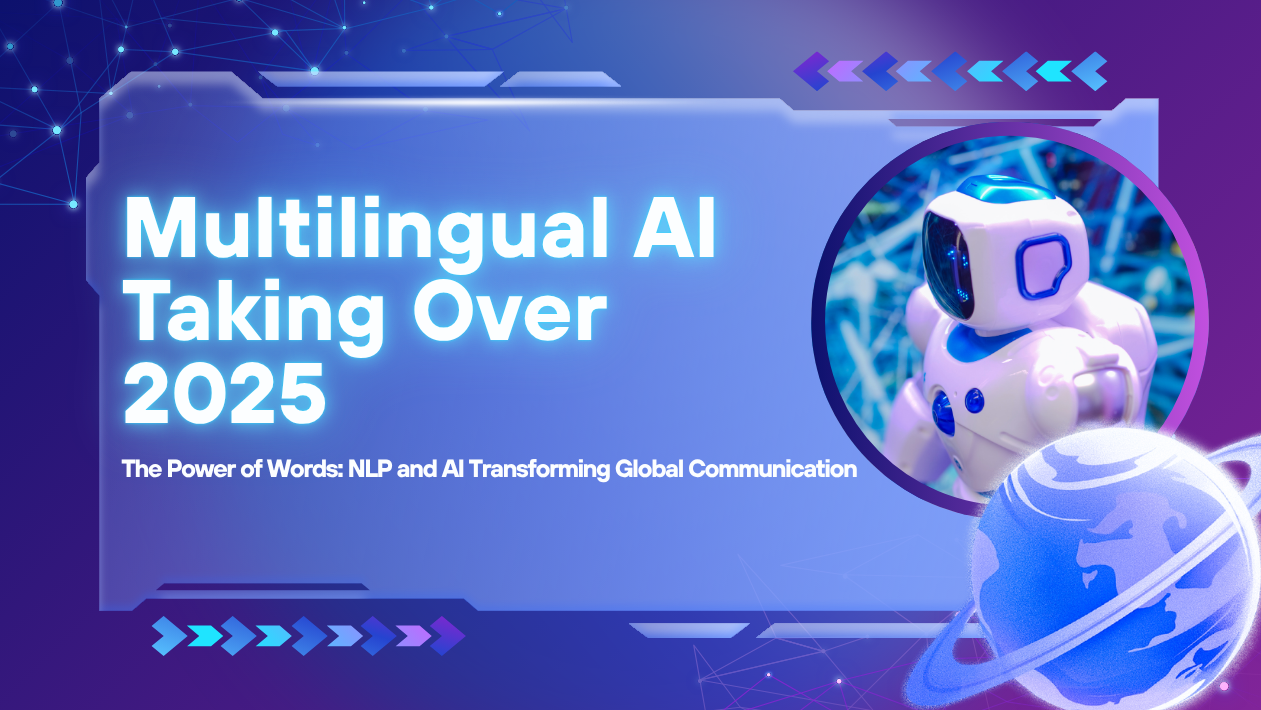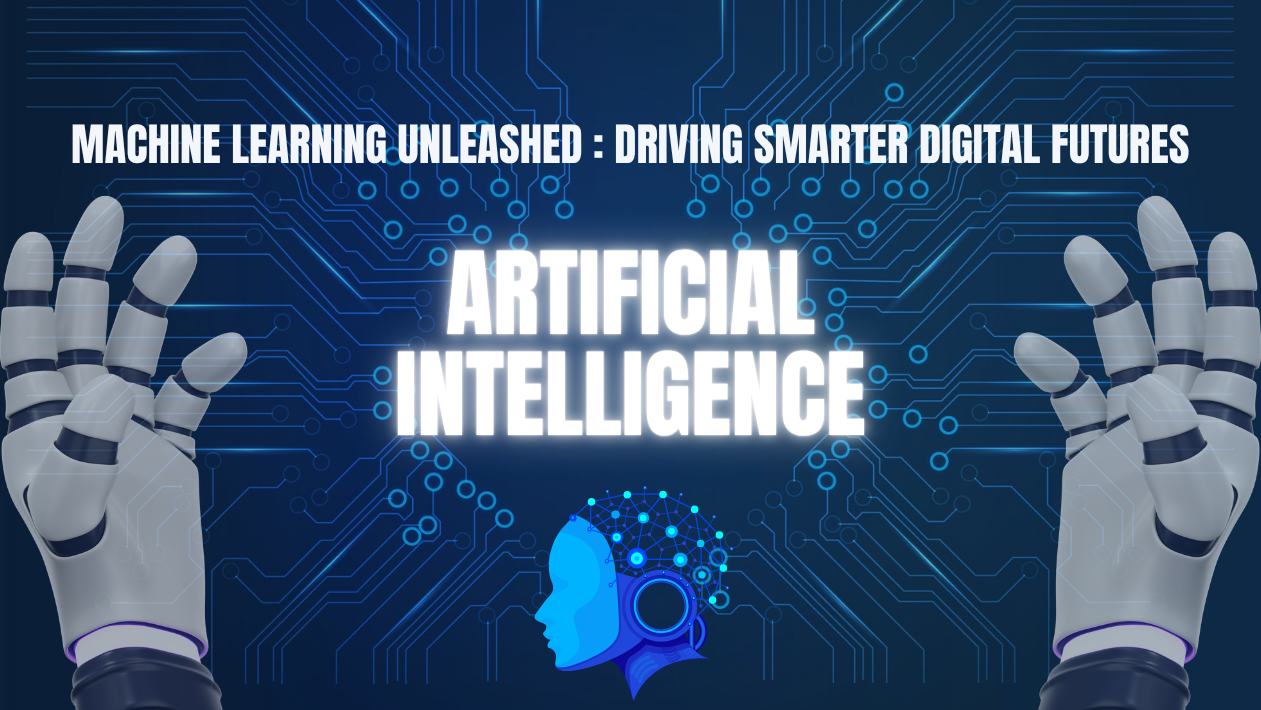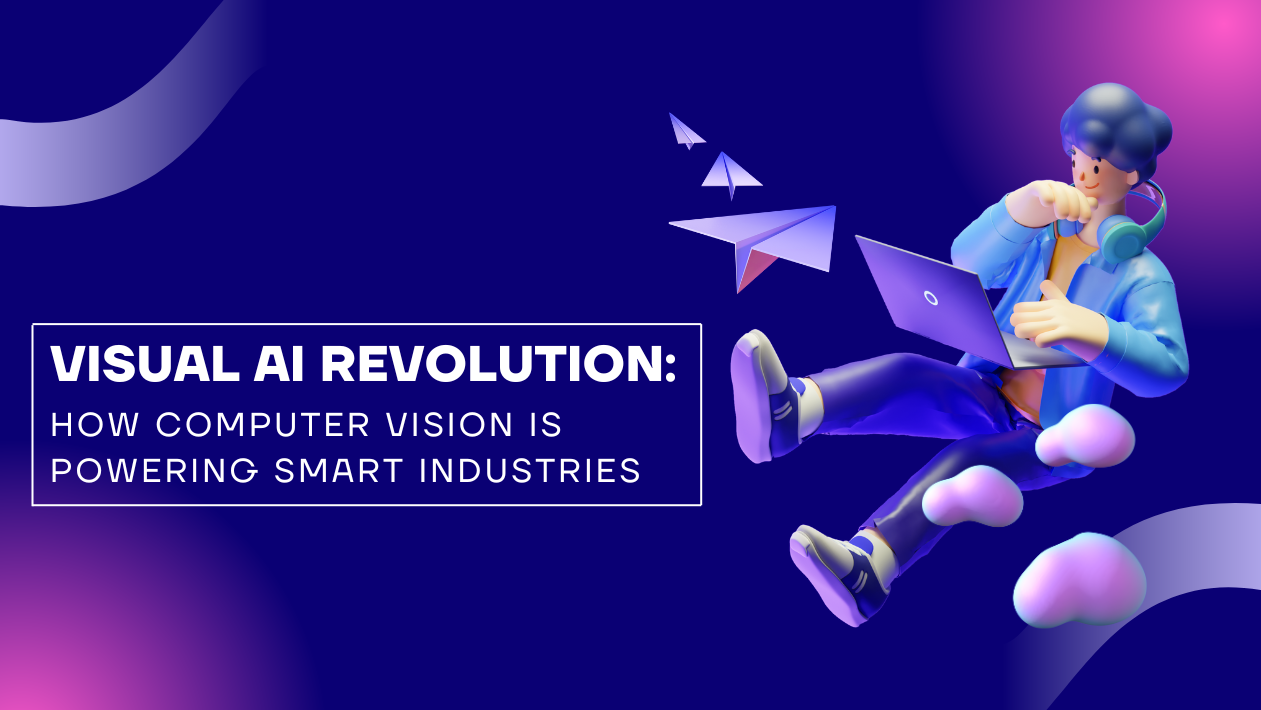Artificial Intelligence (AI) is no longer just a buzzword—it’s a core driver of business strategy, productivity, and innovation in 2025. Companies across industries are using AI to optimize operations, enhance customer experience, improve forecasting, and unlock entirely new revenue streams.
According to a global McKinsey report, over 82% of enterprises now have at least one AI-powered process integrated into their business operations—up from just 50% in 2022.
AI Transforms Operations and Decision-Making
From automating repetitive tasks to advanced decision-making support, AI is boosting operational efficiency. Enterprise resource planning (ERP) systems like SAP AI, Oracle Fusion AI, and Microsoft Dynamics 365 Copilot are now enhanced with generative and predictive AI capabilities.
“AI doesn’t just save time—it helps executives make faster, smarter, data-driven decisions,” says Arjun Deshmukh, CTO of a global logistics company.
Customer Experience Powered by Intelligent Automation
Businesses are increasingly using AI to deliver hyper-personalized customer experiences. Chatbots, virtual agents, and AI-powered CRM tools are handling everything from customer support to product recommendations in real time.
Platforms like Salesforce Einstein, Zoho Zia, and Freshdesk Freddy AI are enabling 24/7 smart interactions that feel human—but scale effortlessly.
Sales, Marketing & Finance See Strategic AI Gains
AI is revolutionizing sales forecasting, campaign optimization, and financial planning. Marketing teams are using tools like HubSpot AI and Adobe Sensei to generate content, analyze trends, and personalize campaigns, while finance departments use AI for fraud detection, automated reconciliation, and predictive cash flow management.
Generative AI Fuels Product Innovation and R&D
Companies are deploying generative AI tools to prototype products, simulate designs, and brainstorm creative solutions. This not only accelerates R&D cycles but also enables cross-functional collaboration between tech, design, and business teams.
Startups and enterprises alike are using platforms like OpenAI’s Codex, RunwayML, and Mendable AI to build internal apps, write code, and create dynamic assets.
Ethical Use and Compliance Now Business Priorities
As AI becomes embedded in critical functions, businesses are under pressure to ensure ethical AI practices, bias mitigation, and regulatory compliance. Many organizations now have AI ethics boards, implement responsible AI frameworks, and perform third-party audits to ensure fairness and transparency.





